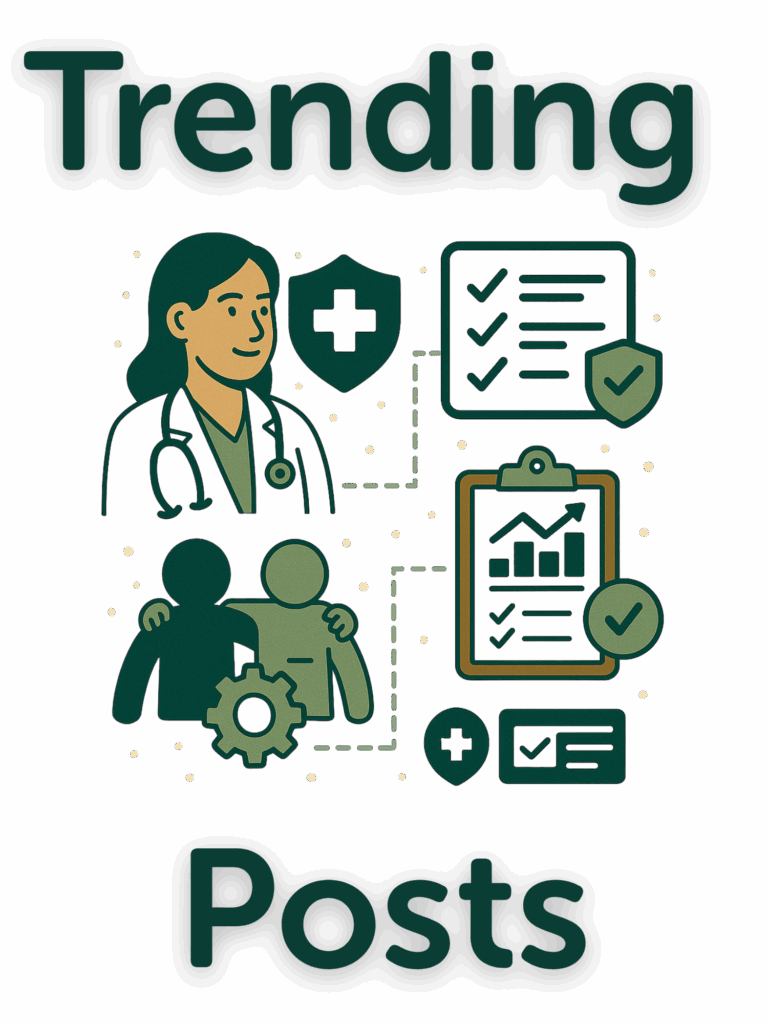
Tips for Compliance Officers to Manage Risk
A patient undergoes surgery requiring a medical device. A physician prescribes a new medication. A medical practice increases the volume of laboratory tests at an outside laboratory. Routine occurrences – and a potential compliance issue if it looks like financial kickbacks are involved.
Related: Five tips to help providers comply with Stark
The federal Anti-Kickback Statute (AKS) is aimed at keeping medical decisions based on the best interest of the patient instead of based on someone’s bank account. In simple terms, the law prohibits offering “remuneration” to induce referrals for any item or service payable by Federal healthcare programs. Remuneration includes anything of value. It can take many forms besides cash, such as free rent, hotel stays, meals, and excessive compensation for medical directorships or consultancies.
This law has been in existence for decades, and enforcement continues to occur regularly. Here are some recent enforcement actions that illustrate the government’s approach. These scenarios can help you remind your colleagues to stay on their toes when it comes to kickback risks.
Is it really the best medical device?
The State of Georgia filed a lawsuit against a doctor in Atlanta alleging, in part, that he violated the anti-kickback statute. The government contends that over a five-year period, the physician solicited and received prohibited remuneration from a medical device company. The remuneration came in the form of unrestricted “educational” grants and “consulting” fees. In return, the company’s medical devices were used in medical procedures on patients. The physician received over $284,000, which was used to build the practice’s marketing program. However, enforcement officials claimed one of the purposes of the payments was to induce use of the company’s products. The practice used the funds for radio and internet ads and booths at health fairs. It also used the money to fund “lunch and learns” for referring physicians and talks on the medical conditions the devices treat. The purpose was to drive patients to the practice where the physician could perform the procedures using the company’s medical devices. If the funds had been for legitimate consulting services, the anti-kickback statute would likely not have been implicated.

Tips for Healthcare Compliance Officers: Monitor Payments Received
Assess whether payments received by physicians are following the AKS. One way to do this is regular monitoring of the CMS Open Payments website. This site publishes data about payments to physicians from medical device and pharmaceutical companies. If a physician has received payments, confirm that the payments do not violate the AKS.
Is it “pay to prescribe?”
In Illinois, a physician pleaded guilty to receiving illegal kickbacks. He accepted a total of approximately $600,000 from two pharmaceutical companies in exchange for prescribing their drug to his patients. The physician agreed to pay $3.79 million to settle a civil lawsuit alleging his actions caused the submission of false claims.
One of the pharmaceutical companies paid the doctor $50,000 for a one-year “consulting agreement” that was not legitimate. In addition to the cash payout, the physician and his wife received an all-expenses paid trip to Miami. After the physician started receiving these benefits, he quickly became the largest prescriber in the country for the particular drug.

In a different example, a doctor paid $3.1 million to settle allegations of accepting kickbacks for writing prescriptions for compounded drugs. He was also sentenced to three years in prison. In this case, the physician was involved in illegal kickback schemes with different individuals. After his first illegal kickback relationship, the doctor looked for more lucrative opportunities. He agreed to refer expensive compounded medications to a particular pharmacy. The pharmacy owner agreed to pay the doctor 80% of the profits. Over a year and a half, the doctor received $2.5 million in illegal payments. He used the payments for personal expenses such as paying private school tuition for his children. The fake company set up to process the illegal kickbacks was also used to pay the doctor’s wife a salary for work she did not perform, a lease on a Mercedes, and money to buy property.
Tips for Healthcare Compliance Officers: Mine the Data
The Open Payments website also lists travel and meal expenses for physicians when paid by medical device or pharmaceutical companies. You can search for payments made to an individual physician. In addition, there are files of downloadable data. You can also mine the data for potentially suspect travel, lodging, or entertainment.
Are laboratory test orders driven by inducements?
Laboratory testing can be big business in healthcare. Consequently, winning the business of doctors and others who order tests is greatly desired. Unfortunately, there are times when lines are crossed, and illegal kickbacks are offered and or accepted.
In Texas, fifteen physicians paid $2.8 million to resolve allegations of illegal kickbacks related to laboratory services. The doctors received thousands of dollars in exchange for ordering laboratory tests from certain hospitals and laboratories. This was done through volume-based commissions paid to recruiters, who used other companies to pay doctors for their referrals. The payments to the doctors were disguised as investment returns.
In another scenario, the inducement to incentivize use of a particular laboratory was free specimen collection cups. In this case, a laboratory settled allegations by paying the government millions of dollars. The government claimed the laboratory provided free point of care urine drug test cups to physicians. The free cups were conditioned on the physicians’ agreement to return the urine specimens to the laboratory for hundreds of dollars worth of additional testing.
Tips for Healthcare Compliance Officers: Understand Vendor Benefits
Familiarize yourself with the benefits provided by vendors. In the example above, it was free specimen cups. However, the way a vendor can influence healthcare business with in-kind benefits is almost innumerable. A vendor may offer to provide free electronics or gifts. Free tickets to sporting events or higher than fair market consulting fees might also violate the AKS.
Assessing Risks Related to Anti-Kickback Statutes
Whether it is the use of medical devices, prescribing drugs, or a particular laboratory, compliance professionals need to be aware of the potential implications of the AKS.
You can use publicly available data to perform some initial due diligence. The CMS Open Payments website is a good place to begin. The key to compliance is ensuring that no remuneration is tied to past, present, or future referrals or business associated with federal healthcare programs.
Assessing the financial and other remuneration relationships behind these everyday occurrences in the healthcare industry is the key to assessing risk related to anti-kickback enforcement.
Simplify Your Workflow to Manage Healthcare Regulatory Changes
YouCompli’s compliance experts read the entire regulation and extract decision criteria to help you quickly determine whether the regulatory change applies to your organization and which internal stakeholders should be involved. YouCompli analysts distill the complex regulatory language into clear business requirements and deadlines, and tasks for your healthcare organization to complete. Our team writes model procedures and provides other expert tools that you can use to fulfill business requirements. The intelligence driven software helps you complete a regulatory change management workflow spanning relevance, requirements, responsibilities, and reporting.
About the Author
CJ Wolf, MD
CJ Wolf, MD, M.Ed. is a healthcare compliance professional with over 22 years of experience in healthcare economics, revenue cycle, coding, billing, and healthcare compliance. He has worked for Intermountain Healthcare, the University of Texas MD Anderson Cancer Center, the University of Texas System, an international medical device company and a healthcare compliance software start up.
Currently, Dr. Wolf teaches and provides private healthcare compliance and coding consulting services as well as training. He is a graduate of the University of Illinois at Chicago College of Medicine, earned a master’s in education from the University of Texas at Brownsville and was magna cum laude as an undergraduate at Brigham Young University in Provo, UT. In addition to his educational background, Dr. Wolf holds current certifications in medical coding and billing (CPC, COC) and healthcare compliance, ethics, privacy and research (CHC, CCEP, CHPC, CHRC).
Take Free RL3M Assessment (Regulatory Lifecycle Management Maturity Model)
Download our Latest Whitepaper


- One Compliance Pro’s Regulatory Change Management Process
- Five ways to show how healthcare Compliance delivers value
- Revenue Cycle Management Compliance: Ensuring…
- 12 key metrics for compliance officers looking to…
- Three Strategies to Align Compliance with Revenue Cycle
- Transforming Compliance to a Department of Yes
- Mitigating Conflicts of Interest that Drive Profit…
- How the Three Lines Model Strengthens Healthcare Compliance
- Navigating Compliance Responsibility: A Foundation…
- New Regulation– Now What? Step-by-Step Guide to…

